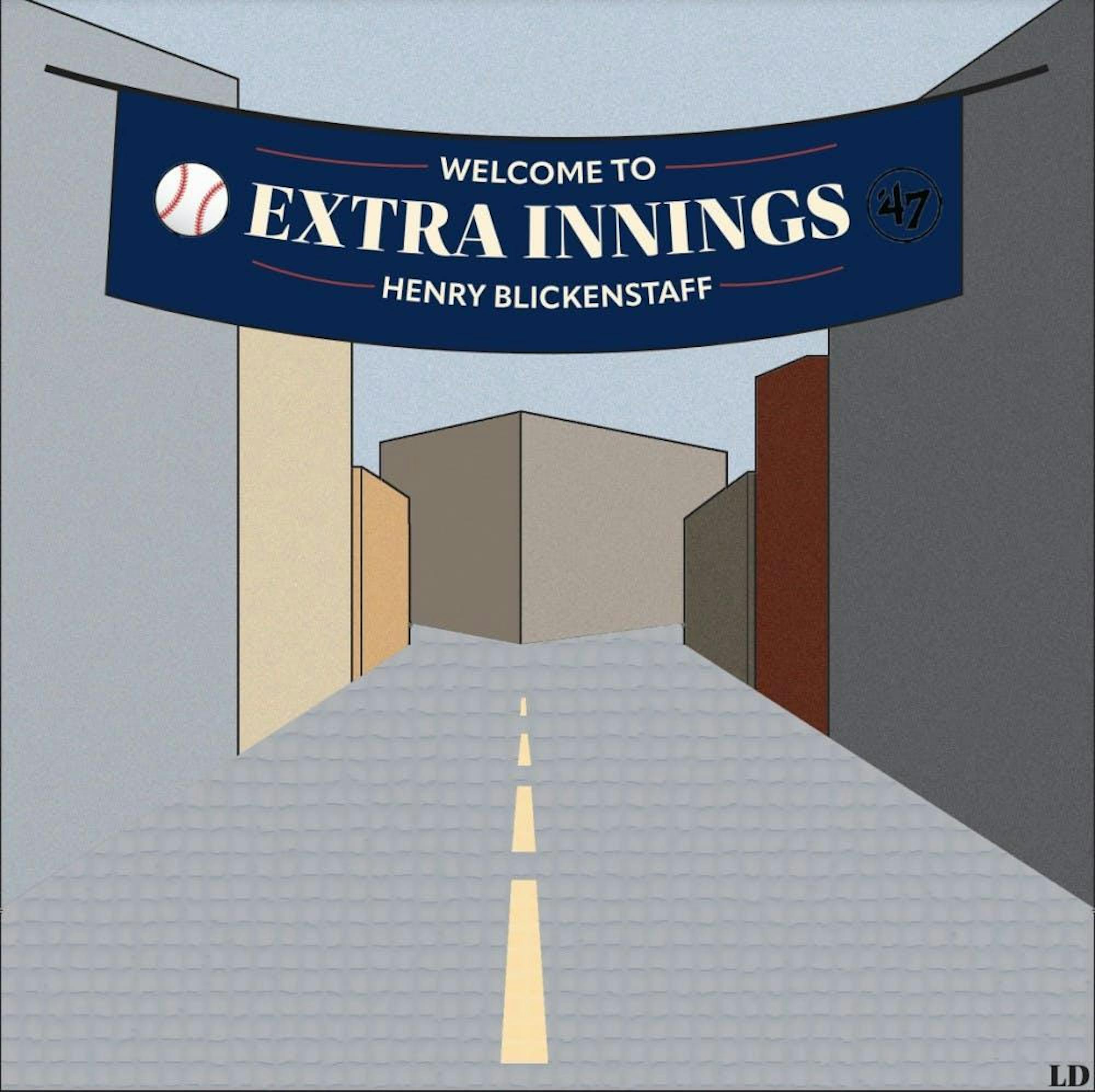The Miami Marlins made the playoffs this year. The San Diego Padres did not.
The story could end there, and you’d probably walk away thinking the Marlins were a better team than the Padres. But you’d be mistaken.
Generally, teams win games by doing two things: scoring and preventing runs. For their part, the Padres were in the middle of the pack this year offensively, scoring 752 runs, good for 13th in baseball, while their pitching staff allowed just 648 runs, second-fewest in the MLB. Their run differential of +104 was the eighth best in the league. The Marlins, for their part, scored the fifth-fewest runs in baseball (666) and ranked 16th in runs allowed (723). Their run differential of -57 was 21st in baseball, and it was the worst of any playoff team in baseball history.
The Padres’ run differential was 161 runs better than that of the Marlins. Their expected record of 92–70 was a full 17 games better than the Marlins’ 75–87 projection. And yet, Miami finished two games clear of San Diego.
The Marlins must have done something better than the Padres, right? They sure did. They went a ridiculous 33–14 in one-run games this year, while the Padres were a lowly 9–23. Those marks were, you guessed it, the best and worst in baseball, respectively. And lest you believe that this was due to their respective bullpens, Miami’s bullpen earned run average ranked 21st in baseball at 4.37, while the Padres ranked 10th at 3.80.
There’s not a doubt in my mind that the Padres were a better team than the Marlins. So why did the Marlins make the playoffs this year? They got lucky, plain and simple. And they weren’t even the only beneficiaries of that luck — the Diamondbacks also snuck into October despite also finishing with a negative run differential.
Likewise, the Padres weren’t the only victims of awful luck this year. The 88–74 Mariners would have made the playoffs if they were in the National League. The Cubs allowed exactly as many runs as the Marlins while outscoring them by 153 — and still missed the playoffs.
All of this goes to show how unpredictable baseball is. And it makes sense — in baseball, whether or not your best player has the ball in his hands at the end of the game is largely random. It shouldn’t be surprising that teams’ records don’t always reflect their run differentials or that the playoffs don’t always include the 12 best teams.
Many casual baseball fans complain about the number of games in the season. But the marathon season exists for a reason: It’s an outgrowth of the game’s natural volatility. It’s simple statistics — bigger sample size, better results. And if this season proved anything, it’s that it takes a lot more than 162 games to get the 12 best teams in the playoffs.
We should learn to appreciate baseball’s capriciousness. And yes, I’m saying that as a Cubs fan. Because in baseball, more than in any other sport, anyone can beat anyone else on any given day. And that’s what makes it the greatest game ever invented.
Baseball isn’t fair. But hey, neither is life.






